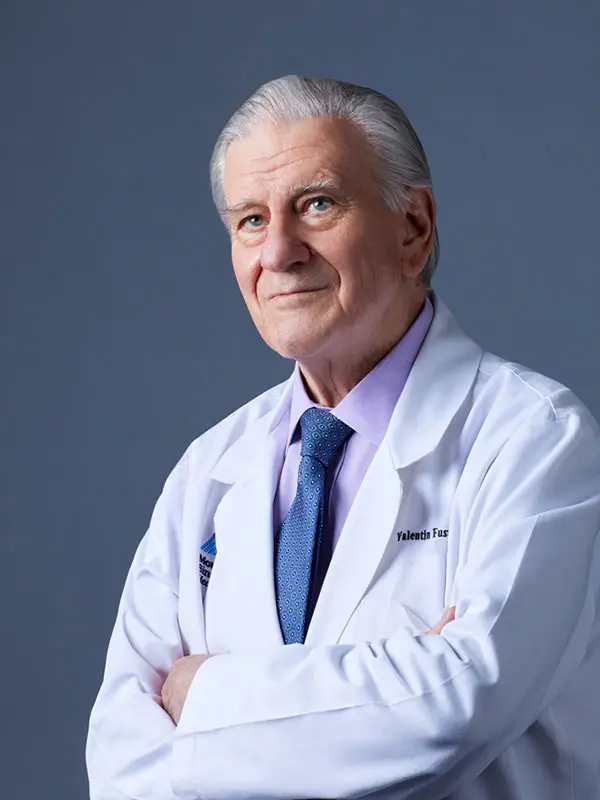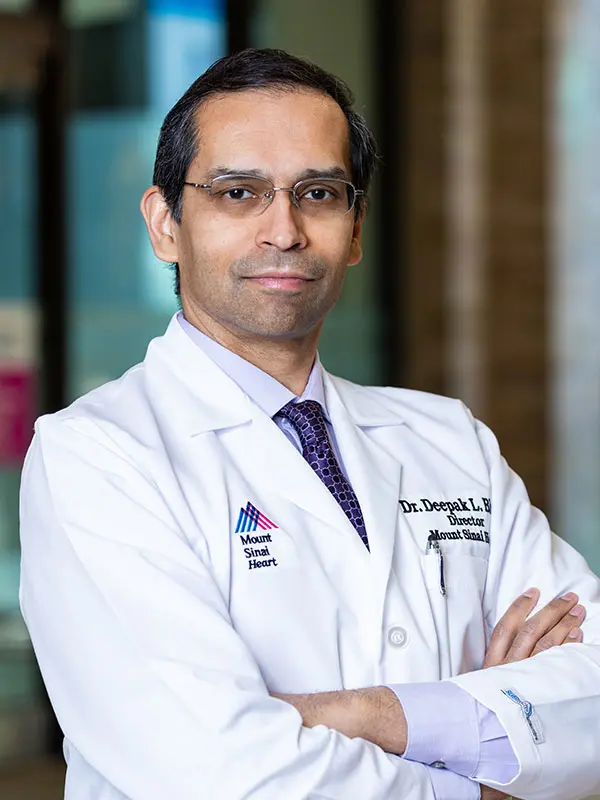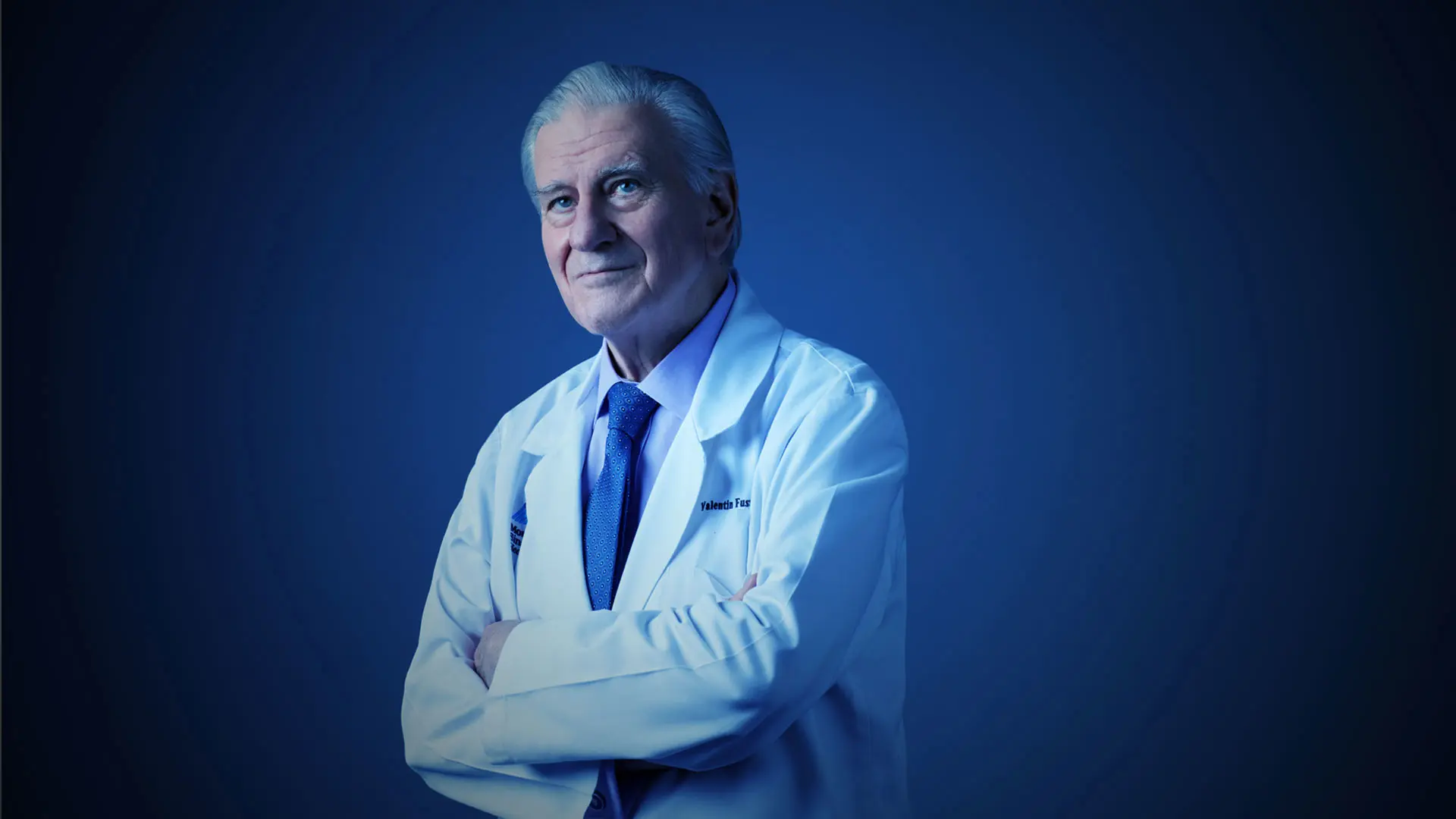The Icahn School of Medicine at Mount Sinai was ranked No. 6 in the US News list of Best Global Universities for Cardiac and Cardiovascular Systems, an honor that is a testament to Martin Goldman, MD, Director of our Cardiovascular Training Program.
While continuing to innovate the delivery of care for cardiology patients, we are also investing in prevention. In a project close to my heart, we are launching a new study, the “Children’s Health and Socioeconomic Implications Project.” Mount Sinai Heart will partner with 65 New York City public schools to enroll 3,500 preschoolers and their teachers and families to teach healthy lifestyle habits, including nutritional balance, positive mental health tools, and physical activity. The study builds off the success of the FAMILIA Project, a pioneering educational initiative supported by the American Heart Association that provides heart-health intervention and education to preschool children and their parents and caregivers.
As global leaders in cardiology, our team is at the forefront of innovation. Vivek Reddy, MD, and a colleague implanted the first dual-chamber leadless pacemaker in a pivotal trial. Annapoorna Kini, MD, Director of the Cardiac Catheterization Laboratory at The Mount Sinai Hospital, and her team created “STEMlcathAID,” a mobile application to expedite and enhance care for patients with ST-segment elevation myocardial infarction.
A team led by Roxana Mehran, MD, Director of Interventional Cardiovascular Research and Clinical Trials, developed a new risk score to help predict possible contrast-associated acute kidney injury (CA-AKI), a significant complication among patients undergoing percutaneous coronary intervention. This assessment tool, the “Mehran-2 CA-AKI Risk Score,“ was described in The Lancet.
A monoclonal antibody therapy for a population of high-risk patients with high LDL cholesterol was approved by the FDA, based on results from studies led by Robert Rosenson, MD, and published in The New England Journal of Medicine. And a study led by Gregg Stone, MD, published in The Lancet, found that use of a novel imaging technique to precisely identify the severity of artery blockages can lead to significantly improved outcomes after PCI.
In other highlights for Mount Sinai Heart, a team led by David Adams, MD, Cardiac Surgeon-in-Chief of the Mount Sinai Health System, pioneered a multidisciplinary approach to treating mitral valve prolapse, integrating open-heart cryoablation and mitral valve repair during one operation. Anuradha Lala, MD, Assistant Professor of Medicine (Cardiology), led an international team that outlined the management of heart failure patients during the COVID-19 pandemic. And we welcomed a world leader in cardiovascular immunology research, Filip Swirski, PhD, as the inaugural Director of the Cardiovascular Research Institute.
Mount Sinai Heart is at the leading edge of medical advances that are improving the lives of cardiac patients in New York City and around the world. To learn more about our accomplishments, please review our 2022 Specialty Report.
Valentin Fuster, MD, PhD
Director of Mount Sinai Heart, and Physician-in-Chief of The Mount Sinai Hospital
Featured

Valentin Fuster, MD, PhD
President of Mount Sinai Fuster Heart Hospital, and Physician-in-Chief of The Mount Sinai Hospital

Deepak L. Bhatt, MD, MPH, MBA
Director of the Mount Sinai Fuster Heart Hospital, and the Dr. Valentin Fuster Professor of Cardiovascular Medicine
